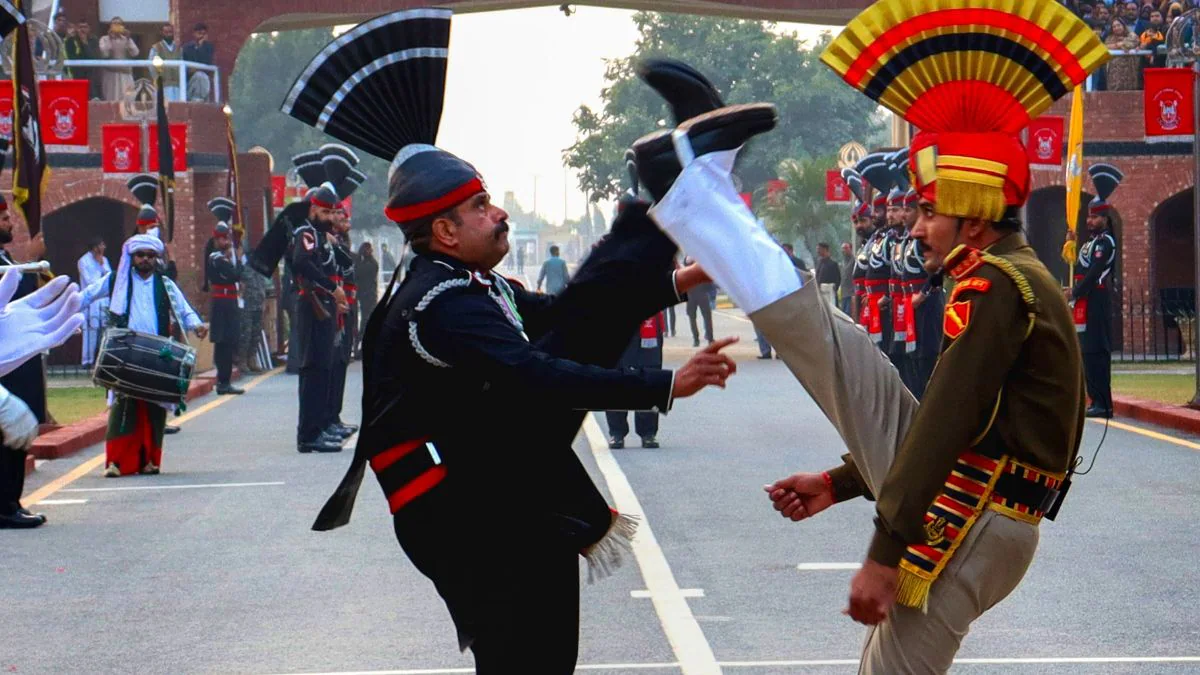The change in protocol comes after the April 22 terror attack in Pahalgam, Jammu and Kashmir, in which 26 innocent lives were lost, most of them tourists. The brutality of the attack sent shockwaves across the country and raised widespread concerns over national security. In swift retaliation, the Indian Army launched a precision military response under the codename Operation Sindh, which involved successful air strikes on multiple terrorist bases in Pakistan-occupied Kashmir (POK).
In parallel with its military response, India is also recalibrating its diplomatic messaging. The resumption of the Beating Retreat ceremony—traditionally marked by the synchronized opening of the border gates and symbolic handshake between India’s Border Security Force (BSF) and Pakistan’s Rangers—now omits these gestures. Under the revised protocol, the gates remain closed and there is no cross-border handshake, marking a clear shift in tone.
Spectators are still permitted to attend the event, but under stringent security arrangements. Officials have emphasized that the revised ceremony serves as a deliberate message: ceremonial traditions will continue, but there will be no compromise when it comes to terrorism.
Established in 1959, the Beating Retreat has stood as a ritual of military decorum and restrained diplomacy. While the essence of the ceremony remains intact, its altered form underscores the growing priority placed on national security.
Experts believe this symbolic change also resonates on the global stage, signaling India’s resolute approach toward terrorism and its source. It reflects a broader diplomatic and strategic recalibration, wherein gestures of friendship are now tempered by practical concerns over safety and national interest.
The current shift prompts deeper reflection: is this the beginning of a permanent change in one of South Asia’s most iconic border rituals, or will the traditional camaraderie eventually return if geopolitical conditions improve?
For now, the answer lies at the border, where pageantry continues—but with caution, not compromise.

